New Report Claims Overzealous Leadership Led To Abysmal Quality Of Daedalic’s ‘The Lord Of The Rings: Gollum’, Post-Launch Apology Written By AI
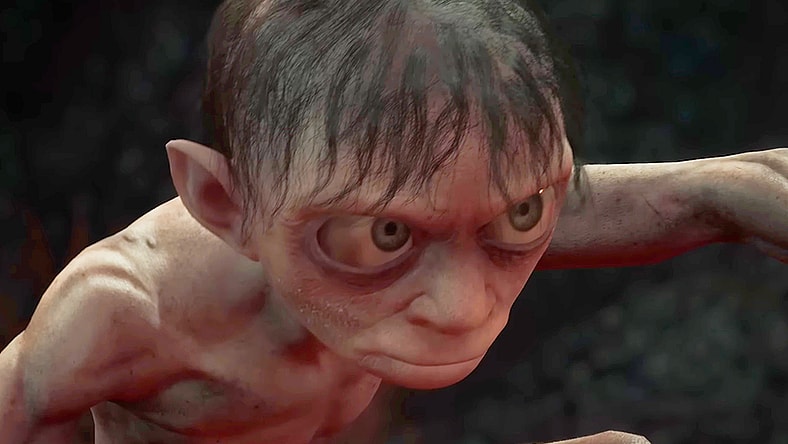
With the question of ‘What the heck happened?’ still burning in the minds of fans even months after the game’s release, a new report has asserted that poor leadership and overambitious promises from various executives were to blame for the absolutely dreadful quality of Daedalic’s The Lord of the Rings: Gollum.
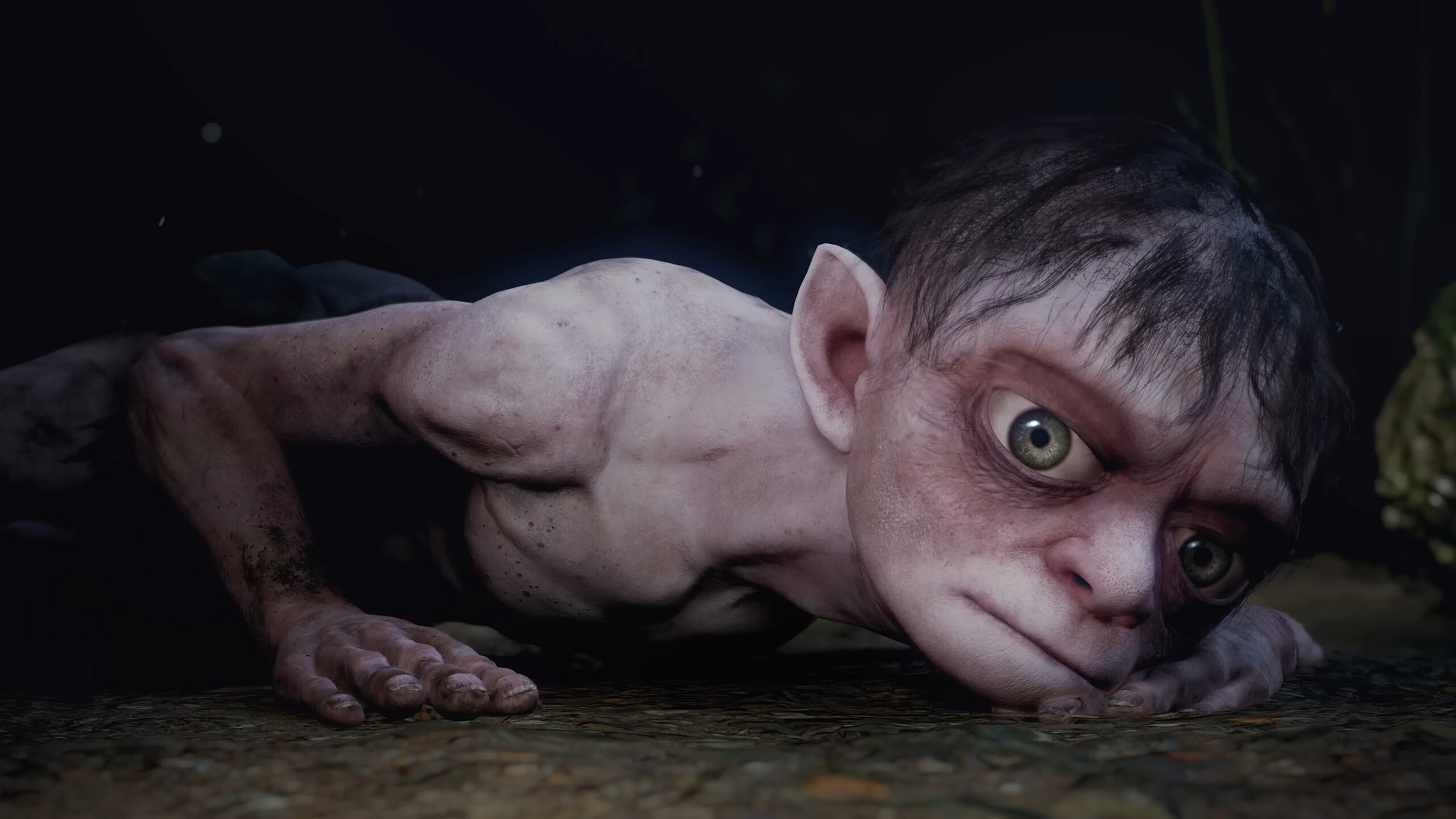
While most players were more than happy to forget about the corrupted hobbit’s all-around-terrible solo adventure, German video game-centric media outlet Game Two found themselves unable to tear themselves away from its existence. After all, it’s not everyday that a once-respected studio so-completely mismanages a licensed property that they’re forced to shut down their development arm.
Their interests piqued, Game Two eventually proceeded to conduct a deep-dive investigation into one of Middle-earth’s greatest tragedies – and in doing so discovered that a chain of overzealous leadership decisions were to blame for the entire disaster.
As detailed by Game Two host Sebastian Tyzak on the 307th episode of their eponymous web series, after speaking with a number of former Daedalic developers who worked on Gollum, the outlet discovered (translated via YouTube’s auto-translate function) that “The idea to tell a game from Gollum’s point of view didn’t come from Daedalic itself: The company approached the Bremen-based studio KingArt Games, which is known for the real-time strategy game Iron Harvest, among other things.”
“At Daedalic’s request, they created several pitches, including the idea for a story from Gollum’s perspective,” detailed Tyzak. “Later, however, Daedalic implemented the idea itself.”
Interestingly, when reached for comment by Game Two, “KingArt CEO Jan Theysen explained via email that they ‘didn’t get together at the time’ and they had ‘no influence or insight into the development’.” However, as noted by Tyzak, “In the credits of the game, however, KingArt is mentioned as a source of ideas.”
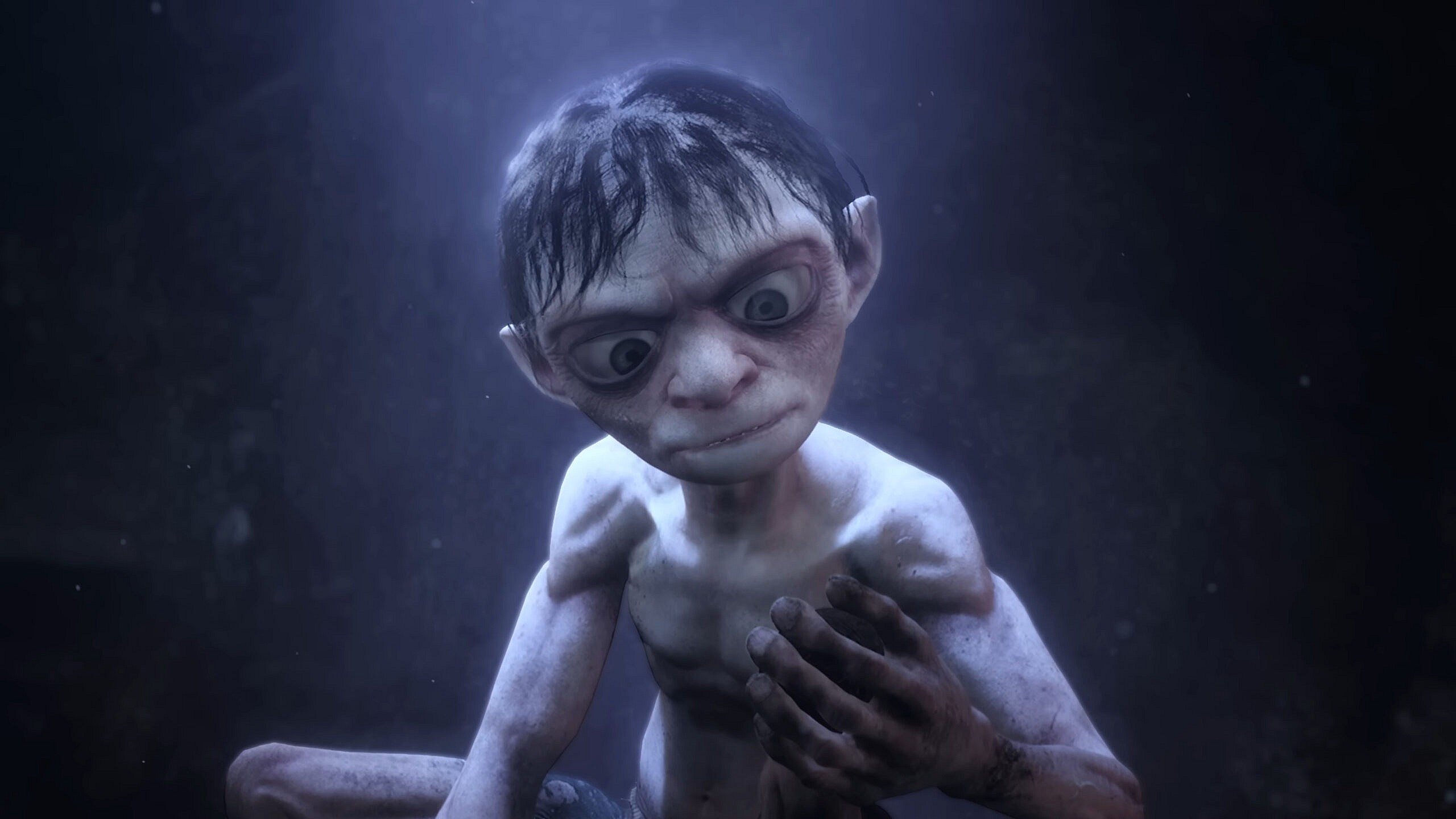
However, it was then that the trouble truly began, as “just one year after acquiring the license and starting pre-production. The Lord of the Rings: Gollum was announced and loudly promoted in the media.”
“Comparisons were drawn to big blockbuster titles like Tomb Raider or Uncharted,” noted Tyzak. “Or they fantasized that the Gollum game could become a similarly timeless work as the book series on which it is based.”
Unfortunately for Daedalic’s actual developers, this pre-emptive marketing push for Gollum would end up hurting the game in the long run, as per Tyzak, “The big promises actually brought Daedalic a lot of attention, cover stories, as well as international coverage, which certainly also opened up new opportunities for the publishing branch. Mission accomplished, then. But the ones who suffered were the ones who ultimately had to fulfill these promises.”
“Daedalic has never developed a game with triple-A ambitions before,” he detailed. “They have worked with the Unreal Engine before, but only realized games in completely different genres with it and in the end they seemed to want more than they were willing or able to invest.”
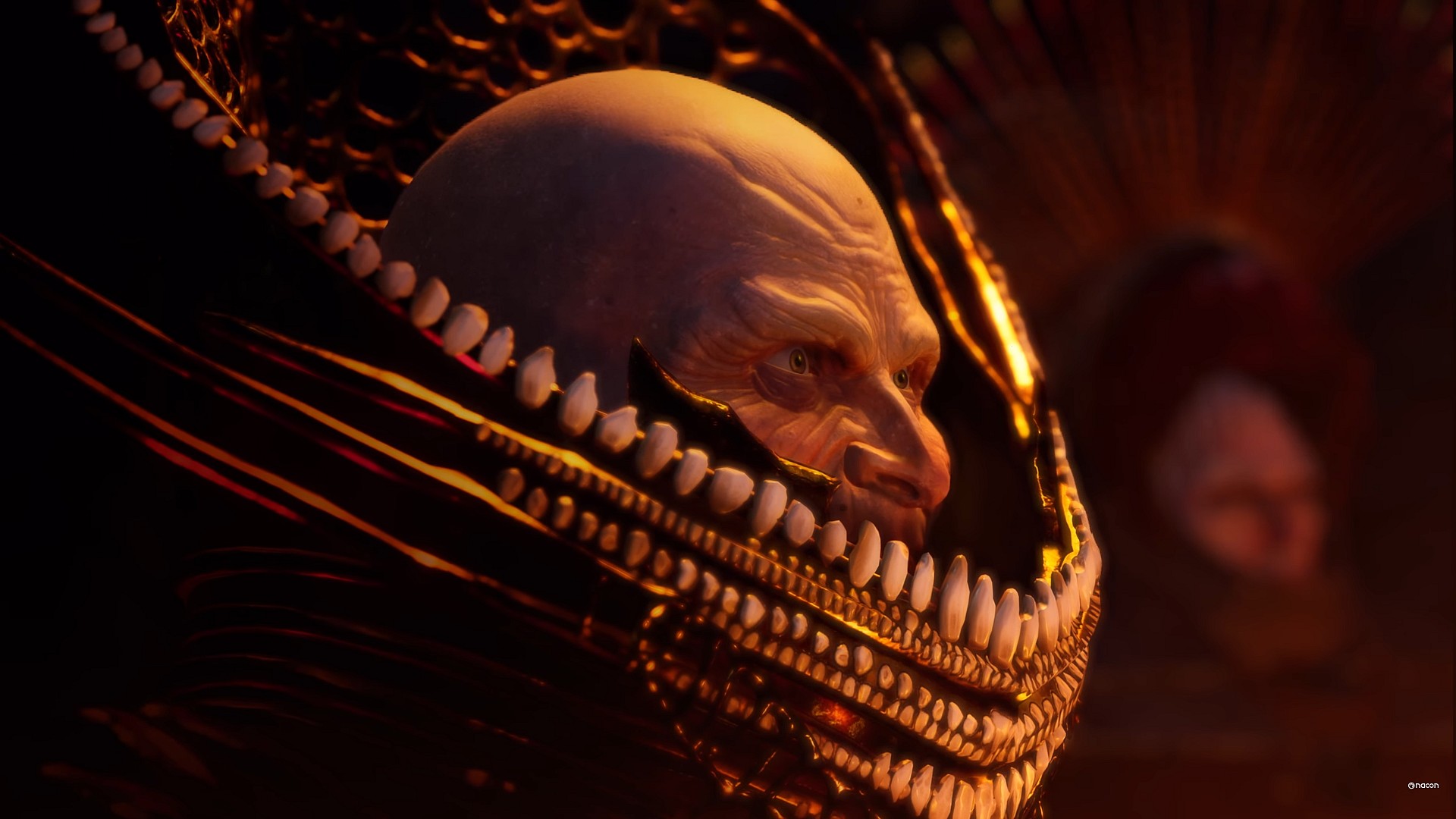
Turning to the outlet’s interviews with members of the game’s dev team, Tyzak explained, “It must be mentioned that not EVERYTHING about Gollum is bad. There are coherent settings, nice ideas and well-functioning sections. It’s just that those are hidden behind the many clearly unfinished, not thought-out parts of the game that are the result of some unfortunate blunders and bad decisions.”
According to those who spoke with Game Two, “It was said that The Lord of the Rings: Gollum had simply been approached incorrectly. Similar to the development of their adventure games, the story came first with Gollum. This is noticeable in the game as well.”
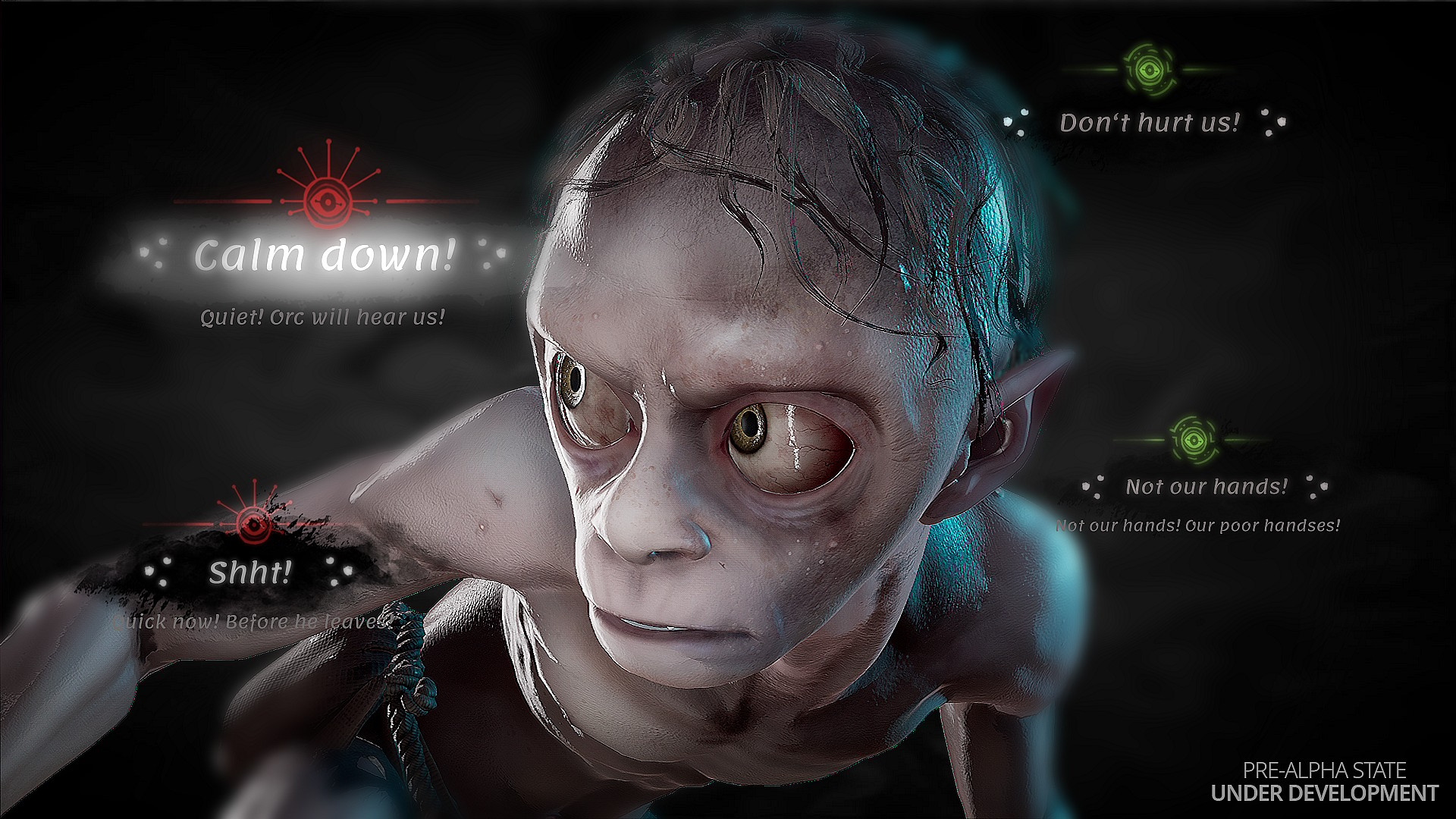
Speaking specifically to Gollum‘s gameplay, Tyzak stated that he was told, “The control over Gollum is taken away from us because we are supposed to listen to a dialogue, or we are led through sections with uneventful gameplay because an important part of the story still needs to be told.”
“The problem of the neglected gameplay component also shows up in a fundamental point that the developers have underestimated greatly in the conception,” he told viewers. “Also because only a few studios have gained experience with this situation so far.”
Offering further insight into this gameplay issue, former Daedalic Senior Developer & Technical Director Paul Schulze detailed, “When you look at Gollum, you notice that he isn’t a biped. That’s already a first risk you have to take, when you develop a game with a quadruped there are completely different technological problems. This is noticeable with the accuracy of the character in the game.”
“Several sources have confirmed that it was a hell of an effort to ensure clean animations and a flawless collision detection of the limbs,” then noted Tyzak. “They supposedly have worked on it until the end, which is why there was an internal discussion about whether the effort was justified.”

Further expounding on the game’s mechanical failings, Tyzak recalled of his sources’ sentiments, “In general, the initial direction would have lacked a clear vision.”
“At the beginning, an insane number of elements were considered – free climbing like in Zelda, sliding or balance sections – but they were ultimately discarded,” said the host. “But even in the finished game, there are still an insane number of mechanics that the team simply couldn’t do justice to during development.”
Yet, unsurprisingly, Daedalic leadership’s indecisiveness regarding Gollum’s actual playability was not the sole reason for the game’s failure, as per Tyzak, “Even aside from the many systems and mechanics, the sheer size of the game seemed to have been overstretched.”
“The first level rough drafts were almost twice as extensive as the ones that finally made it into the game, which is about 12 to 13 hours long,” he recalled from his dev conversations. “Only during the far too rare playtests it was noticed that the sections simply didn’t hold up over time. It wasn’t until a new producer joined the team in early 2022 that the levels were cut back again.”

Sadly for Tyzak’s sources, “According to their own statements, these changes were good for the project, but unfortunately they came too late.”
“They just didn’t have enough time. You can’t just throw some money on a project, add another year and just hope that everything will get better,” further explained Schulze. “It’s not realistic because the basis does not allow it. People who have been in the video game industry for 10, 15 or 20 years are working on this game. They ARE good, but they still can’t do magic.
From there, the game would receive two delays – initially being pushed from a general 2021 date to September 2022 before receiving its actual release date of May 23rd, 2023 – the latter of which was “internally only seen as damage limitation”.
Despite their awareness of the game’s poor quality, Daedalic’s higher-ups decided to continue full-steam ahead with Gollum‘s release.

As part of this commitment, Daedalic eventually released the game’s widely-panned ‘gameplay reveal trailer’ – a reveal which was created and presented without the knowledge of Gollum’s actually devs.
“Even the team was surprised,” said Tyzak. “Not by the response, but because they either didn’t know about the existence of the trailer, or were taken aback by its condition.”
“I know from conversations with people who have worked on this trailer,” the host continued, “that even they asked “Shouldn’t we put in some more work into the assets? Shouldn’t they be revised some more? Do we really want to publish it like this?'”
“I just don’t know if anyone ever got an answer to these questions,” Tyzak then lamented. “They may not have gotten an answer, but Daedalic told us that ‘there were trailers where better assets could have been chosen.'”
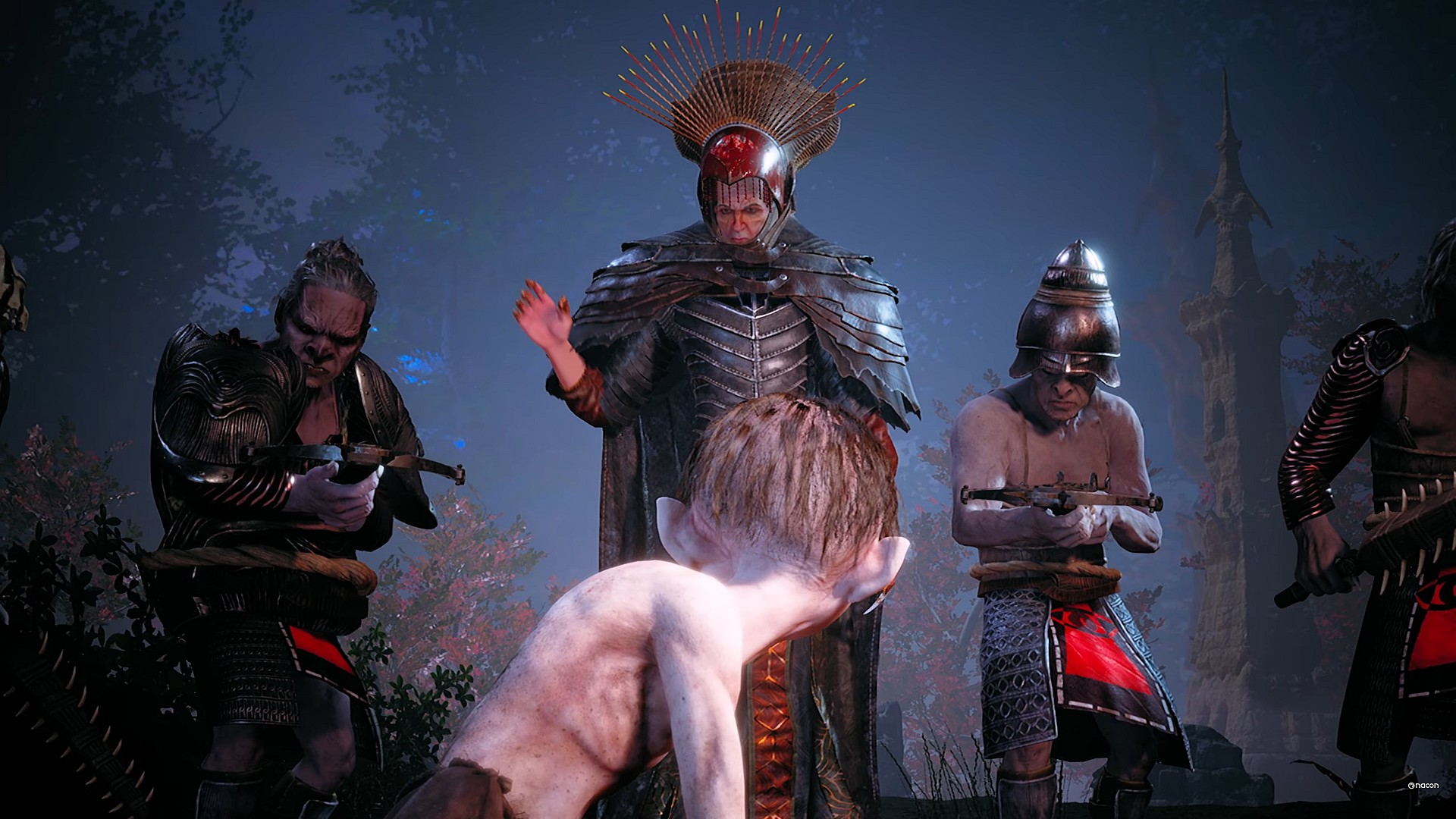
Ultimately, as is now recorded in the annals of video game history, Gollum could not be saved, and players would eventually be presented with arguably one of the worst games made in recent years.
Yet, this sense of ‘good enough’ was not enough for players, and as such Daedalic’s latest release did not receive any reception more positive than mocking laughter.
Faced with negative review after negative review, the game’s official Twitter account would release a statement on May 26th apologizing for the poor quality of The Lord of Ring: Gollum [sic].
But as noted by Tyzak, “The letter of apology that the company published a few days after release didn’t help defuse the situation. On the contrary, the empty phrases and the misspelling of the game’s name only seemed to fuel the bad mood.”
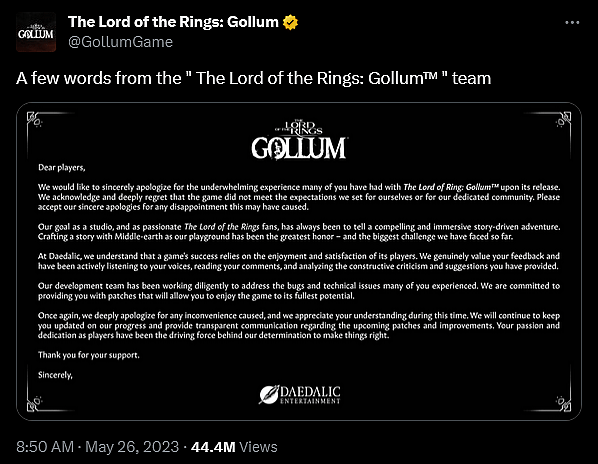
However, while most players had already chalked this apology up to being nothing more than a standard corporate attempt at damage control, Game Two discovered that its publication was even more detached and dismissive of the situation than previously imagined.
“As Daedalic has confirmed, this letter was not written by them at all, but by publisher Nacon,” unveiled Tyzak. “The letter was publicized without prior approval by the studio. As two anonymous sources told us, the apology was even written by the AI ChatGPT, apparently without double-checking.”

And it was this publishing of Nacon’s supposedly AI-written statement that Daedalic’s development endeavors would take its last breath.
Less than a month after Gollum hit stores, the company announced that it would be shuttering its game creation arm in order to focus more on its publishing duties.
“The case of Daedalic shows that the employees are always the first ones to suffer from a difficult company policy and culture, and not those who trigger and are responsible for it,” concluded Tyzak. “And in the end, this has unfortunately almost cost the existence of a promising German studio, which made beautiful games.

